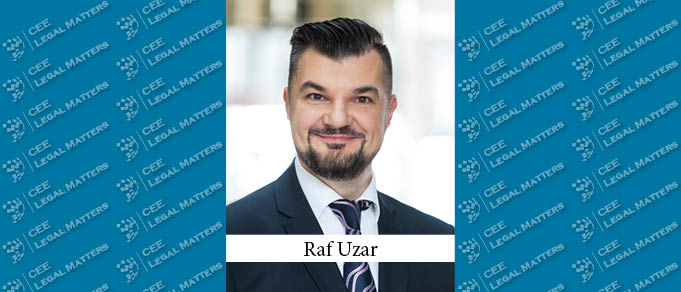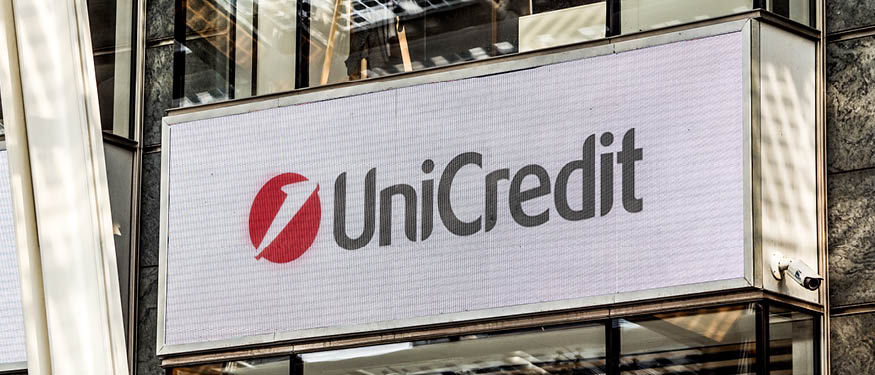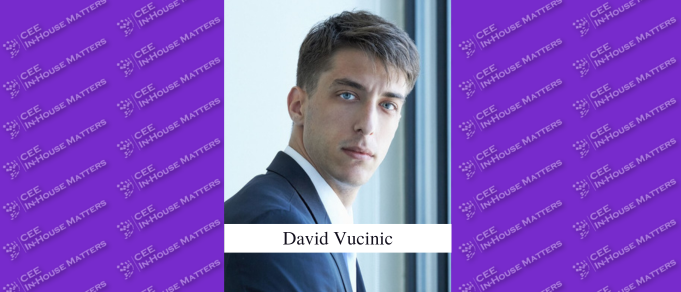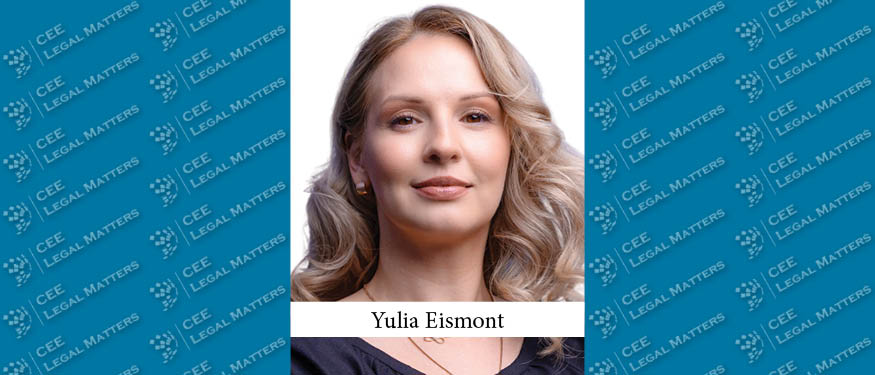Over thirty years ago, journalists reported that a chemical had been released into the water pipes of Durand, Michigan. They warned citizens that the chemical DHMO could accelerate corrosion and in certain situations even cause suffocation. The city’s inhabitants were beside themselves in panic.
Several years later – in the era that brought us Ronald Reagan, Rick Astley, and Starbucks – the US Army were intent on describing the increasingly unstable environment caused by a crumbling iron curtain and the fast-imploding Soviet Union.
Measuring and Managing
Uncertainty was in the air and, in keeping with the mantra attributed to both management guru Peter Drucker and President of the Royal Society Lord Kelvin – “what gets measured, gets managed” – the US Army coined the concept of VUCA (Volatile, Uncertain, Complex, Ambiguous), in order to understand, measure, and then manage this environment.
The Covid-19 pandemic is our Cold War, our generation’s tipping point, and again VUCA has returned. Many sources (Forbes, World Economic Forum) talk of the need for leadership, emotional intelligence, and creativity as core skills needed to move forward post-crisis. Adaptability, tech-savviness, and critical thinking also get a mention.
So what should we actually focus on in this mad scramble for skills? Where do we begin? Do lawyers and service professionals need a special kind of skillset for coping with coronavirus?
Abilities and Skills
The answer, as always, is yes… and no. In a world where the market is shifting under our feet and the profile of the conservative lawyer is clearly outdated, a new set of skills is required for these new times, skills that embrace volatility, uncertainty, complexity, and ambiguity. However, Covid-19 has not created this necessity but only accelerated it.
In wanting to deal with the VUCA world, Professor Bill George (of Harvard Business School) developed VUCA 2.0 as a guideline or roadmap for managers and leaders: Vision, Understanding, Courage, and Adaptability. However, limiting this list to all but the C-suite would be a grave disservice to the lawyers of today who are primed for embracing new ways of doing business.
In more simplistic terms, what each of us needs today is:
- Clarity, in order to describe, assess, and understand our current situation;
- Adaptability, in order to learn about or re-train for the new environment;
- Bravery, in order to take the first step forward.
In fact, we could boil these three points into a mindset that is geared for success regardless of the maelstrom that might be enveloping us.
Learn to Learn
Warren Bennis, a leadership expert and one of the fathers of the original VUCA stated that “Taking charge of your own learning is a part of taking charge of your life” as well as “in a time of drastic change, it is the learners who inherit the future.”
No fancy management models are necessary, no specialized skillsets nor indeed costly online courses. Implementing continuous learning in one’s life, loving to learn, and simply ‘being a learner’ is the only genuine approach that can guarantee success regardless of the circumstances.
In this exaggerated information age of ours where we are constantly bombarded by a jungle of news and noise, it is difficult to find our bearings. Bringing together continuous learning and clarity, adaptability and bravery can help us clear the noise, navigate accurately, and find true north.
And so we return to Michigan. 1 April 1983. The chemical seeping into the underground pipes in Durand was Dihydrogen monoxide, more commonly known as water.
“Real change, enduring change, happens one step at a time.” (Ruth Bader Ginsburg)
Terminology for Tough Times
Problem
VUCA = volatile, uncertain, complex, ambiguous
FUD = fear, uncertainty, doubt
TUNA = turbulent, uncertain, novel, ambiguous
Solution
VUCA 2.0 = vision, understanding, courage, adaptability
CAB = clarity, adaptability, bravery
GROW = goal, reality, options, way forward
By Raf Uzar, Head of Communication and Development, Penteris
Raf Uzar has been involved with education, training, and communication his entire career. A published academic originally working in computational linguistics, Uzar transitioned to the world of law and the development of lawyers via print and radio journalism, publishing, and a stint working for the European Film Academy. The continuing improvement of firm-wide performance, strategy, and culture are his over-arching aims. He is a member of the UK's Chartered Institute of Personnel and Development, and supports the legal team at Penteris in his role as Head of Communication and Development.















